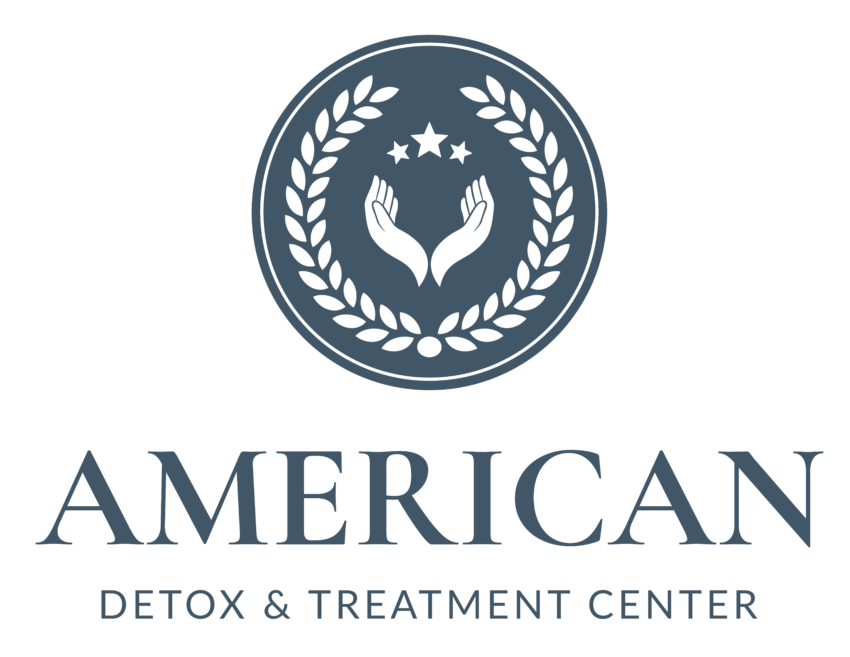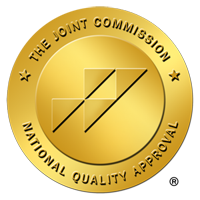At American Detox and Treatment, therapy sessions are a key part of the residential inpatient program and vary based on individual needs. Individual therapy typically involves weekly one-hour sessions where clients work closely with a therapist to explore personal factors related to addiction and mental health, set goals, and track progress. The number of sessions depends on the treatment plan and program length. Group therapy is also a major component, usually lasting between 90 to 120 minutes per session, accommodating larger groups and more complex topics such as trauma-informed care or cognitive behavioral therapy. Clients receive a daily schedule outlining their individual and group therapy sessions and their durations to help structure their recovery process.
What to Expect From Therapy Sessions
When you participate in individual, group, or family therapy, the length of time that each session lasts and the number of sessions you have can fluctuate greatly based on individual circumstances.
Individual Therapy
At American Detox and Treatment, part of your residential inpatient program will include weekly individual therapy sessions. These sessions are an important part of any program, providing a chance to work one-on-one with a qualified therapist, building trust, and taking a deep dive into personal factors that may have contributed to addiction or coworking mental health disorders.
Generally, these sessions last an average of 1 hour, which is an ideal amount of time to settle in, go over progress, set goals, explore key topics related to each session, and prepare for the next session.
That said, the number of times you have your one-hour sessions is based on your individual treatment plan, but usually once per week. The length of your residential program will, of course, influence how many sessions you have each week and how long that lasts.

Group Therapy
Another key part of our residential treatment program is group therapy. At American Detox and Treatment, we aim to help our clients build a regular schedule with ongoing group therapy throughout the day, as well as support group participation.
Traditionally, group therapy sessions are between 90 minutes and 120 minutes to account for the larger group or the more expansive topics that will be worked through. This time frame differs based on the type of group therapy in which you are participating, whether that is a trauma-informed approach or something like cognitive behavioral therapy.
When you come to our treatment center, you will have a daily schedule provided for you that includes a list of the individual therapy sessions you can expect and what their respective time frames are.
Ready For Help?
How long are therapy sessions? The average length of an individual therapy session is around 1 hour, while the average for a group therapy session can be twice that. How frequently you have these sessions during a given week and how many weeks they last is based heavily on your individual treatment program. When you reach out to our team, we can give you a better idea of what to expect based on your needs.
Call our admissions team today at 1-877-834-0775.
FAQ
How Long Are Therapy Sessions for CBT?
If you participate in CBT at American Detox and Treatment, you can expect each session to last an average of 30-60 minutes. However, CBT has a set structure for most clients of 12 weeks. This means that a basic program might meet once or twice per week for 12 weeks.
How Many Therapy Sessions Do I Need to Addiction?
The number of therapy sessions that you need is based on individual circumstances, not least of which include the duration of your inpatient program and the type of therapy you are receiving. Treatment for things like EMDR to overcome PTSD and other trauma might require a set number of sessions, multiple times per week, whereas individual therapy might only meet once per week.
Our team is happy to review the potential length and duration based on your needs. Call us today.
How Long Are Therapy Sessions for Individual Therapy?
Individual therapy sessions average 50 minutes after initial consultations. Participation in certain modalities might take longer, like 90 minutes, but the average is 50 minutes, providing a good chance to check in, work on goals, and get ready for the next session. At American Detox and Treatment, we offer individual therapy sessions each week for certain outpatient programs, and others can meet a few times per week.
Why Are Therapy Sessions So Short?
There are many reasons why your therapy sessions might feel short, especially if you are participating in something like CBT. One of the main reasons is that it can be overwhelming to take such a deep dive into your background or your emotions, and a structured time limit can help you feel less overwhelmed. Another key reason is that insurance companies tend to dictate shorter, more affordable sessions.
With American Detox and Treatment, our team can help you get the right length of treatment so that you are able to build rapport and collaborate for a productive session each time.
How Long Are Group Therapy Sessions?
Group therapy sessions can range between 45 minutes and 2 hours, depending on the type of therapy. Things like cognitive behavioral therapy might be 90 minutes, especially if there are larger groups, whereas smaller group sizes might have shorter sessions.
When you start a PHP or IOP at our facility, the frequency and duration of your group therapy sessions will be based on your needs and the progress of the group.
How Long Should I Go to Support Groups?
Support group meetings are a regular part of recovery and mental health treatment. After you have completed a PHP or IOP at American Detox and Treatment, you can find continued support wherever you live or travel through support groups like NA or AA. Each session is dictated by the group leader and participants, averaging one hour.
How long you continue to participate is up to you. There is no set time, but it is always better to find continual support as you move through your recovery or deal with difficulties and setbacks. Even if you feel “fine,” these types of groups can help you stay that way and provide a path for you to help mentor those who might not be doing as well in their recovery.



